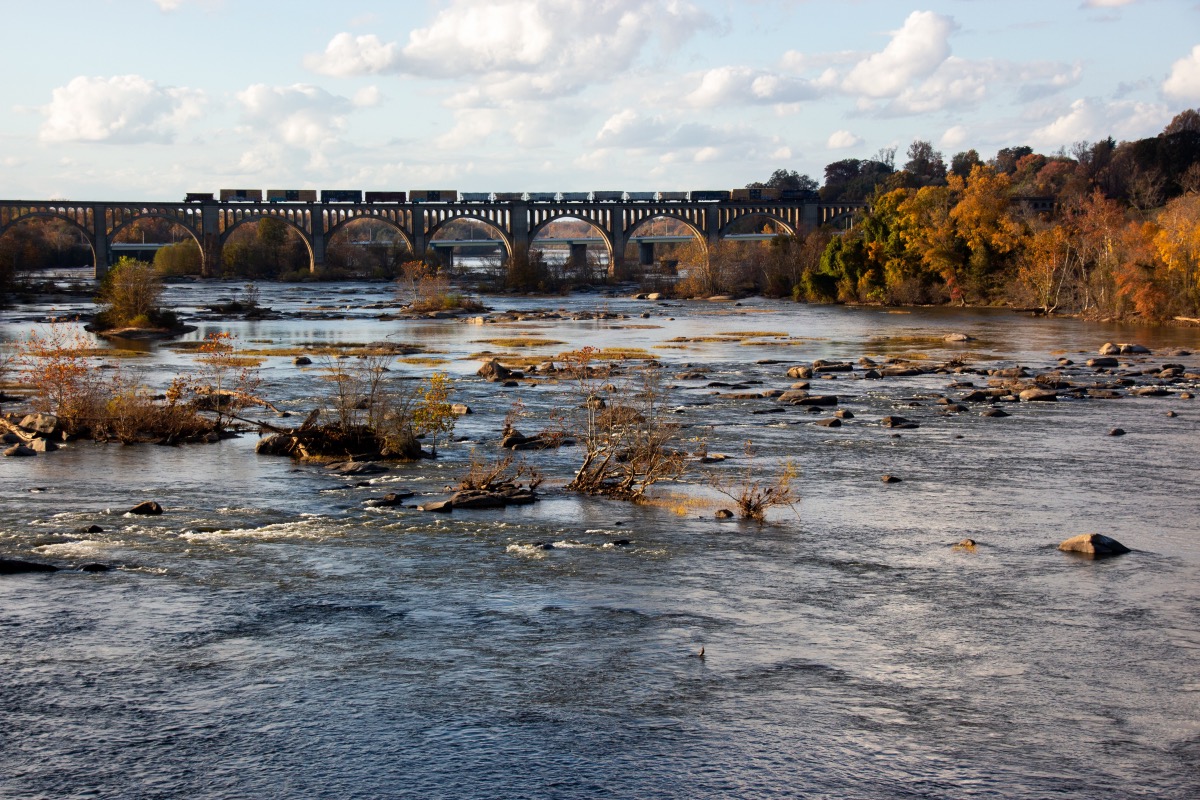
In an article first published on Religion News Service, CASSANDRA CARMICHAEL, executive director of National Religious Partnership for the Environment in the US, says the removal of clean water protections for wetlands, such as the US Supreme Court is considering, leaves too much to chance…
United States
RNS
Water is both sacred and the cradle of life. It connects us to one another. We all have relationships with bodies of water, whether that be with the Chesapeake Bay, the Atlantic Ocean, a local creek, wetland or river or a nearby lake. These places are vital to our health and wellbeing but also help us spiritually connect.
As we celebrate the 50th anniversary of the Clean Water Act – legislation that helped clean up waterways across the nation – we must use all the tools available to ensure clean water is available in all our communities. Ensuring clean water often means properly stewarding upstream waters and wetlands. With more than 117 million people in the US receiving their drinking water from public systems fed in whole or in part by intermittent, headwater, and ephemeral streams, protecting these waters is paramount.

The James River near Richmond, Virginia. PICTURE: Salomé Guruli/Unsplash
The Clean Water Rule, which the Environmental Protection Agency put in place to designate which waterways were protected under the Clean Water Act, helps ensure safe drinking water for communities. The Clean Water Rule protects nearly one-third of all Americans’ drinking water from pollution.
“While clean water isn’t a partisan issue, it is a faith issue. Water is central to many faith traditions and most sacred ceremonies: washing, baptism, forgiveness. Religious traditions across the spectrum attend to justice and urge us to properly steward the Earth. In addition to our call to be faithful stewards of the Earth, our faith traditions teach us to care for vulnerable populations, including communities of colour and low-income communities.”
Despite the reality that water is not bound to particular waterways but is connected, the US Supreme Court recently heard arguments in a case that could change which waters are protected under the Clean Water Rule and eliminate certain wetlands and waters from protection. This would have severe repercussions to clean drinking water in Virginia and across the US.
In Virginia, we have a lot of water to protect: 400,000 kilometres of streams, 130,000 hecteare of lakes, 1,600 springs, and approximately a 405,000 hectares of wetlands that provide flood protection, pollution filtration and essential wildlife habitat. For a state that values its lakes, streams and waterways, as well as public health, a robust Clean Water Rule is crucial.
Clean water is not a luxury. Clean water is integral to all human communities and the rest of the Earth. Which is why it makes common sense to ensure our common good through clean water protections. While clean water isn’t a partisan issue, it is a faith issue. Water is central to many faith traditions and most sacred ceremonies: washing, baptism, forgiveness. Religious traditions across the spectrum attend to justice and urge us to properly steward the Earth. In addition to our call to be faithful stewards of the Earth, our faith traditions teach us to care for vulnerable populations, including communities of colour and low-income communities.
Regional studies and stories from across the country document the water struggles of these communities and demonstrate that there is much progress to be made before water justice is achieved in the United States. There are numerous instances where these communities are disproportionately burdened by water degradation, ranging from lack of clean drinking water to higher exposure to fish contamination.
The removal of clean water protections for wetlands, such as the Supreme Court is considering in Sackett v. Environmental Protection Agency, leaves too much to chance. Specifically, it puts more than 117 million people at risk for pollution and would be highly detrimental to wildlife.
Protecting clean water is a moral call. The Clean Water Rule helps us, as a country, protect one of the most important elements of creation: clean water. We have a duty to care for these essential, life-giving waters.
Cassandra Carmichael is the executive director of National Religious Partnership for the Environment.





